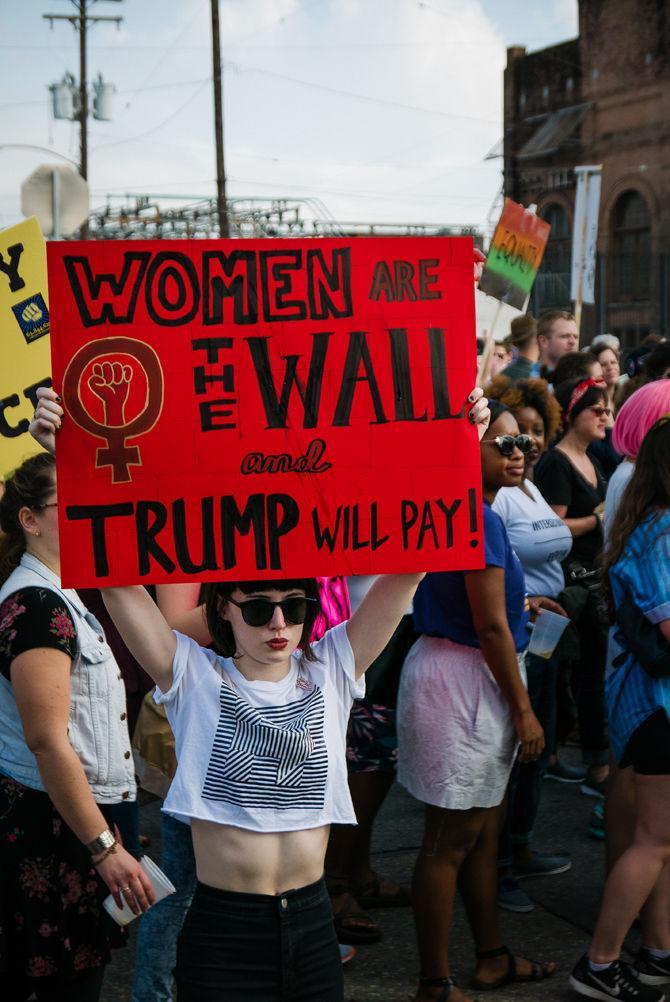Since Jan. 20th, I’ve read many Twitter threads, witnessed discussions online and observed fellow students objecting to President Donald Trump’s administration and much of his new legislation. Yet, the problem with this dissent is the one-dimensional element of the arguments.
Normally, one group or person is advocating for a single issue on the basis that it will unjustly affect them and their peers. But that’s it.
To give an example: as a gay man, I saw many of my LGBTQ friends up in arms about Trump’s plan to roll back LGBTQ nondiscrimination protections. They have written passionate Facebook posts and shared numerous articles about it, yet did not seem to care about the protection of transfolk.
Similarly, many have not made a peep on issues affecting their fellow LGBTQ peers who happen to be of a different skin tone. Of course, many does not mean all, and this is a generalization to make a larger point — you should fight the system promoting inequality before it is your turn to feel the blow.
Why does it take an injustice specifically aimed at you to spark any sort of outrage or advocacy against injustice in general?
Anyone who looks beyond the pink hats of the Women’s March on Washington knows the issues that arose with that protest. While it might have been a scene of solidarity and renewal for white, straight, cisgendered women, the symbolism of vaginas on posters excluded transwomen, and issues that concerned native women, such as the North Dakota Access Pipeline, were sidelined.
If other minority group issues had only gotten one-tenth of the support the march on Washington received, we would have a different America. I have seen college-aged, sorority-inducted women retweeting how repealing ACA will cause their birth control to cost more, but few have defended Roe v. Wade or advocated for gender neutral bathrooms. These same demographics will rail against college sexual assault, but often back the other side when assault involves black lives.
Furthermore, it should not take you being directly affected by an oppressive system to take up protest when those around you have been pleading for help for years. I understand it can be easy to fall into one-issue activism. When you’re only affected by a specific facet of an issue, you can be blinded to everything and everyone else intersecting with that issue.
Many of us, myself included, are subject to this blinder-effect when we focus on one issue which affects us and ignore all that seemingly don’t.
If the voting rights movement and suffrage included affording black women the right to vote, voting rights could have been achieved by white women, black men and black women simultaneously.
I’m not criticizing any one struggle, but I encourage you to expand your awareness to people unlike you who suffer the same injustices, but do not benefit from the same privileges.
Ryan Thaxton is a 20-year-old mass communication sophomore from Monroe, Louisiana.
Opinion: Promoting awareness of all groups suffering constitutes true activism
By Ryan Thaxton
February 9, 2017
A demonstrator proudly displays her sign on Saturday, Jan. 21, 2017, during the Women’s March in New Orleans.





